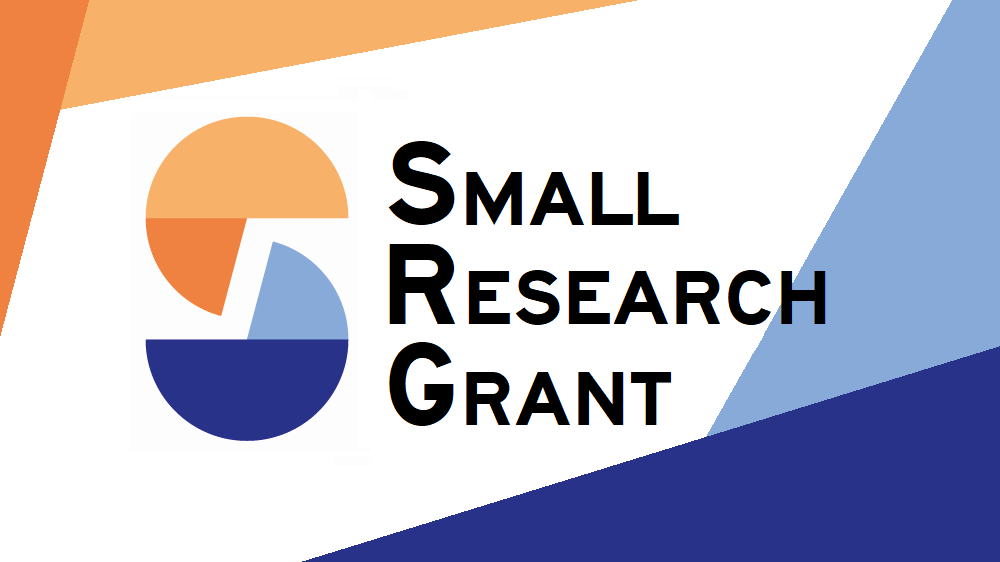Structural change – the evolution of sectoral employment and value-added as countries develop – is one of the most important features of a country’s modernization and growth. There is a large body of data, empirical findings, theories and models on structural change, which provide formal “stories” or mechanisms for the phenomenon, thereby linking driving forces to structural change outcomes. Much of the quantitative research on structural change has focused on middle-income and advanced economies. Strikingly, while there has been a great deal of empirical research on structural change in sub-Saharan African (SSA) countries, there has been limited quantitative modelling of the SSA structural change experiences. This matters because, from empirical research, it is known that SSA countries have experienced several unique features of structural change. In particular, the labour shift to more productive sectors is less pronounced in SSA in comparison to developing Asia.
The goal of this project is to bridge this gap. To better understand structural change in SSA countries, the researchers employ a state-of-the-art open economy model of structural change, combined with new state-of-the-art datasets to infer the structural shocks in each country (e.g., to sectoral productivity, domestic and foreign demand, input-output linkages, or sectoral international trade costs), and to assess the importance of these shocks and mechanisms in driving structural change. The model is calibrated and simulated for 11 SSA countries accounting for about 70 percent of SSA GDP. It covers countries from East Africa (Ethiopia, Kenya, Rwanda, and Tanzania), West Africa (Ghana, Nigeria, and Senegal), and Central and Southern Africa (Cameroon, Mauritius, South Africa and Zambia). For comparative analysis, the research team will also calibrate the model for several developing Asian countries.
This research will have meaningful policy implications for trade barriers (tariffs, quotas and subsidies) in the SSA region. Its framework will yield estimates of the barriers, the cost of such barriers, and finally, the gains from reductions to those barriers. The model and data will therefore allow the researchers to explore the role of intra- and extra-African trade. Understanding the implications from reductions in trade barriers within the SSA region will help determine the economic impact of the African Continental Free Trade Area, which recently came into effect. The researchers plan to participate in conferences (e.g. African Econometric Society meetings), seminars and other venues to disseminate their findings, as well as engage directly with policy makers through, for example, meetings organized by the African Center for Economic Transformation (ACET).
























































